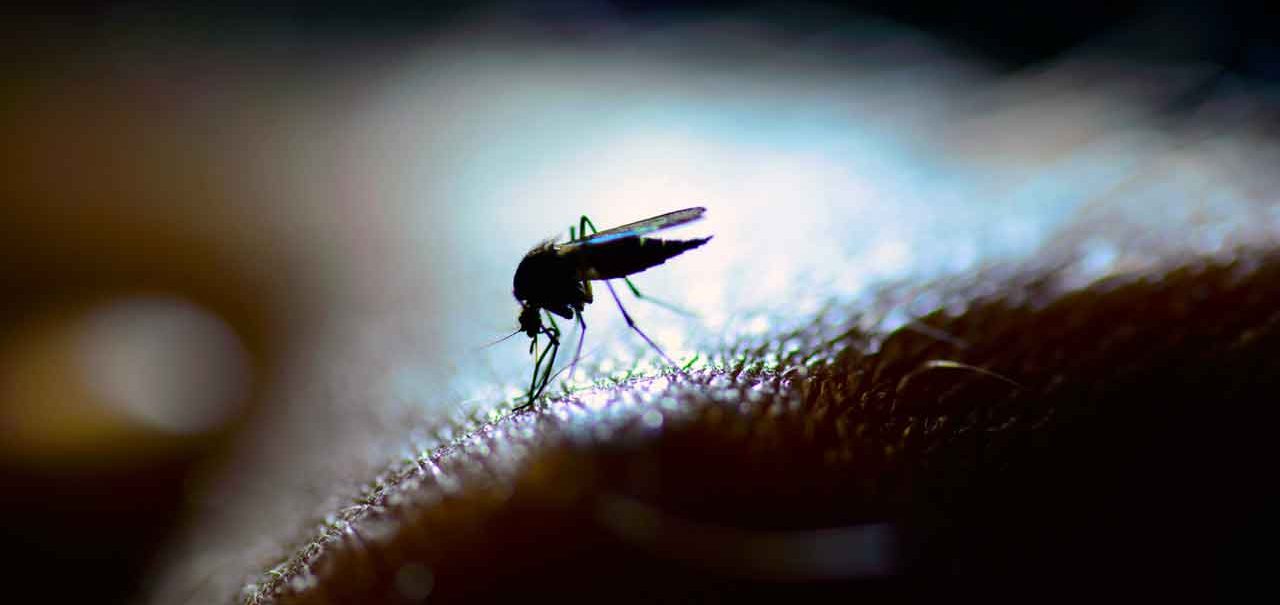Had West Nile Virus? Zika Can Be Extra Dangerous

If you were infected with West Nile or dengue virus in the past, researchers warn catching Zika may raise your risk for an extra dangerous case of that virus.
As the Zika virus continues to infect people around the world, researchers have found a likely reason why some become more seriously ill from Zika than others. It turns out a previous infection with two other related viruses — West Nile and dengue fever— could make catching Zika extra dangerous to health.
Zika virus belongs to the flavivirus family, which also includes the West Nile, Japanese encephalitis, dengue, and yellow fever viruses. These infections are transmitted by mosquitoes or ticks and cause a wide variety of symptoms, ranging from minor aches and pains to shock, meningitis, paralysis, birth defects, and even death.
When people are infected with a flavivirus, their bodies produce antibodies that typically protect from the disease in the future. However, having immunity to certain flaviviruses thanks to a prior infection doesn’t protect against Zika or reduce the seriousness of Zika infection. Instead, the opposite is more likely —— and the consequences could be dangerous.
"Recent studies have shown that the Zika virus protein is structured similarly to that of dengue and West Nile," said Adolfo García-Sastre, PhD, director of the Global Health and Emerging Pathogens Institute at Icahn School of Medicine at Mount Sinai.
Research by García-Sastre and colleagues, published in the journal Science, suggests having antibodies to West Nile or dengue causes a phenomenon known as virus enhancement, which could make an infection with Zika stronger and more serious than normal.
For the Mount Sinai study, blood samples were collected from individuals who had experienced dengue and West Nile infections. Then the blood plasma containing dengue and West Nile antibodies was combined with Zika virus in cell cultures — and the Zika virus took off, growing faster than it would normally.
Next, the researchers injected plasma with dengue and West Nile antibodies into mice to see how the animals fared when infected with Zika. The results showed the mice had far more severe disease than expected. They were more likely to die and also had higher than expected amounts of the Zika virus in their spinal cords and other organs.
Although animal experiments don’t always translate into the human population, the Mount Sinai research team concluded their findings raise what they call “urgent concern” because dengue and West Nile virus are often widespread in regions of the world affected by Zika. And if antibodies to those infections increase the severity of Zika in people, as the researchers think is likely, it would explain the high numbers of severe manifestations of Zika virus infection observed in specific populations, including those in South America.
It also sounds a warning for Americans. Dengue rarely occurs in the continental U.S., although it is widespread in Puerto Rico and in many popular tourist destinations in Latin America, Southeast Asia, and the Pacific islands, according to the Centers for Disease Control and Prevention (CDC). West Nile virus, however, is more of a direct threat to Americans because it is widespread in the continental U.S., infecting over 2,000 Americans annually.
Like Zika, West Nile virus is spread locally by mosquitoes. While it often has no symptoms or mild ones, the possibility that West Nile could increase the severity of Zika is another reason to get serious about mosquito control and prevention.
Research to find a vaccine that protects against Zika is moving forward in many research centers, including at the National Institute of Allergy and Infectious Diseases (NIAID). A multi-site NIAID clinical trial is testing an experimental DNA Zika vaccine on healthy volunteers in the U.S., Central, and South America.
The Mount Sinai researchers believe their findings are important for developing a safe and effective vaccine to stop Zika.
"We believe the antibody-dependent enhancement may explain the severe disease manifestations associated with recent Zika virus outbreaks, and highlights the need for great caution when designing vaccines for Zika and other flaviviruses," said researcher Jean Lim, PhD, assistant professor of microbiology in the Icahn School of Medicine at Mount Sinai. “Further understanding of pre-existing immunity is a high priority in the development of a vaccine that works."
Updated:
April 01, 2020
Reviewed By:
Christopher Nystuen, MD, MBA